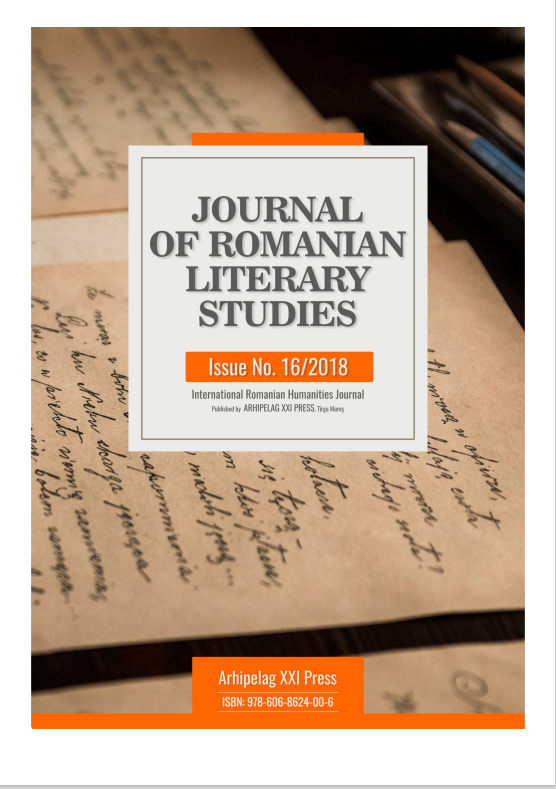THE IMAGE OF ROMANIAN STATE IN BUKOVINA BETWEEN THE TWO WORLD WARS
THE IMAGE OF ROMANIAN STATE IN BUKOVINA BETWEEN THE TWO WORLD WARS
Author(s): Radu Florian BrujaSubject(s): History, Cultural history, Public Administration, Sociology, Local History / Microhistory, Political history, Interwar Period (1920 - 1939), Corruption - Transparency - Anti-Corruption
Published by: Editura Arhipelag XXI
Keywords: administrative unification; Bukovina; Old Kingdom; corruption; ethnical communities;
Summary/Abstract: For Bukovina, the inter-war period represented the administrative, economic and political connection to the Romanian national state. However, this process was very complex and involved all of Bukovina’s economical and political forces. Still, the reality of the unification disappointed many Bukovina citizens due to their status in Greater Romania and the difficult administrative unification process of the provinces in the Romanian state’s national project. In this period, the myth of the corrupt inhabitant of the Old Kingdom appeared. Even if it has no basis, this myth still exists. The enthusiastic approach to the Union gradually disappeared and was replaced by the disappointment of the administrative unification, the hurting of the local pride and the loss of a privileged status for the Northern Province. Along with this, the nostalgia for the correctitude of the Austrian regime arose. The Bukovina intelligentsia was the first one to criticize the flaws of the Romanian inter-war political system, the administrative corruption, and the vices of politicians from Bucharest. The frustrations of Bukovina inhabitants derived as a provincial complex due to the superiority and the arrogance of the Bucharest authorities in dealing with them. The nomination of the persons outside Bukovina to the management of the counties and state institutions led to numerous complaints. The image of the regatean, the inhabitant of the Old Kingdom, was a negative one, associated with corruption, demagogic politics, Balkanism, and Levantism. To this situation, a naïve sense of superiority of people from Bukovina added, which had its origins in the appurtenance to the Central European civilization, under Austrian leadership.
Journal: Journal of Romanian Literary Studies
- Issue Year: 2019
- Issue No: 16
- Page Range: 438-447
- Page Count: 10
- Language: English

